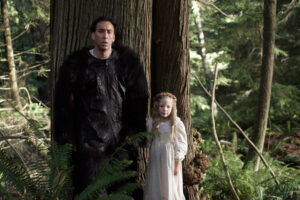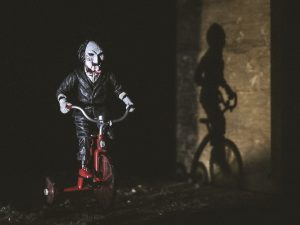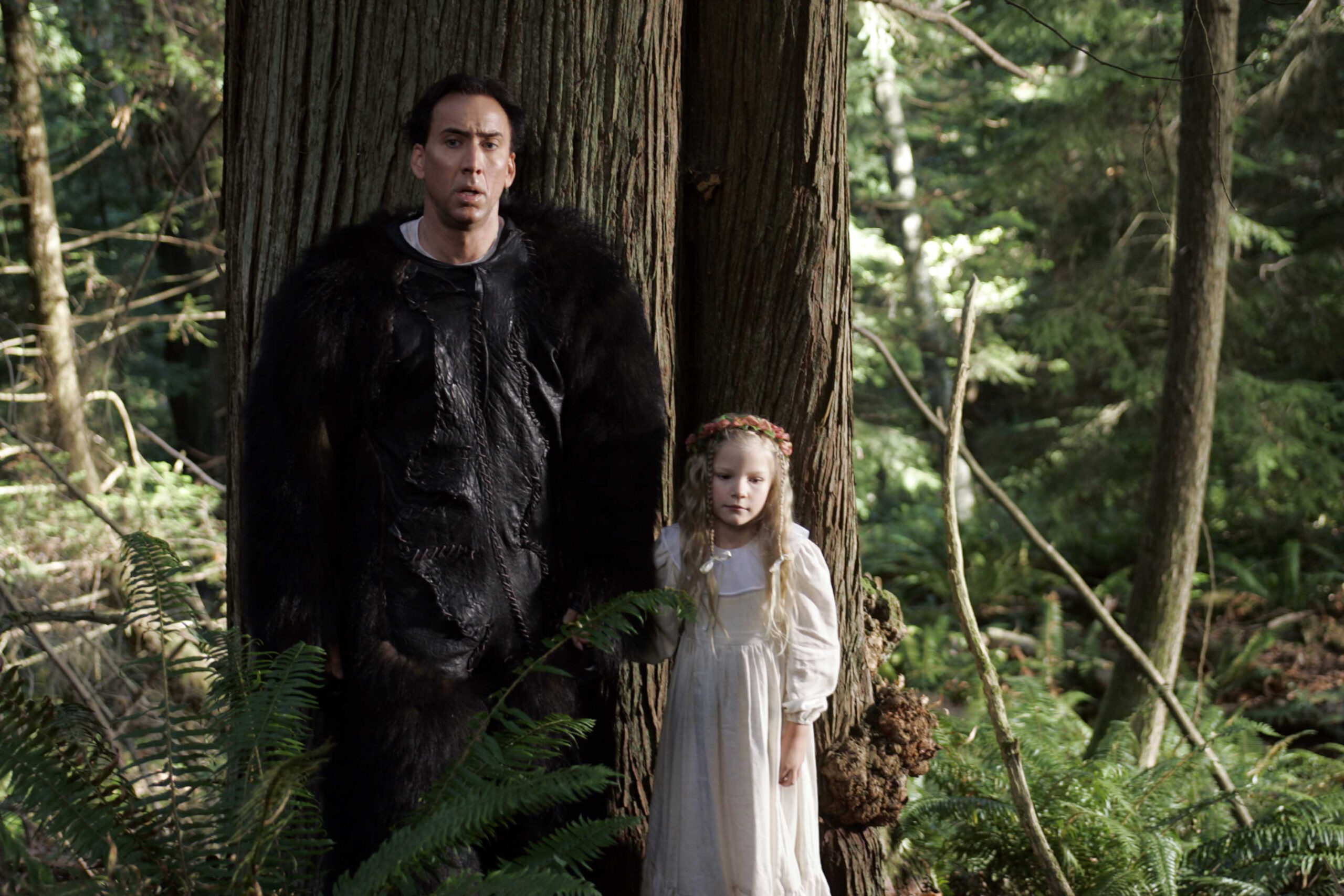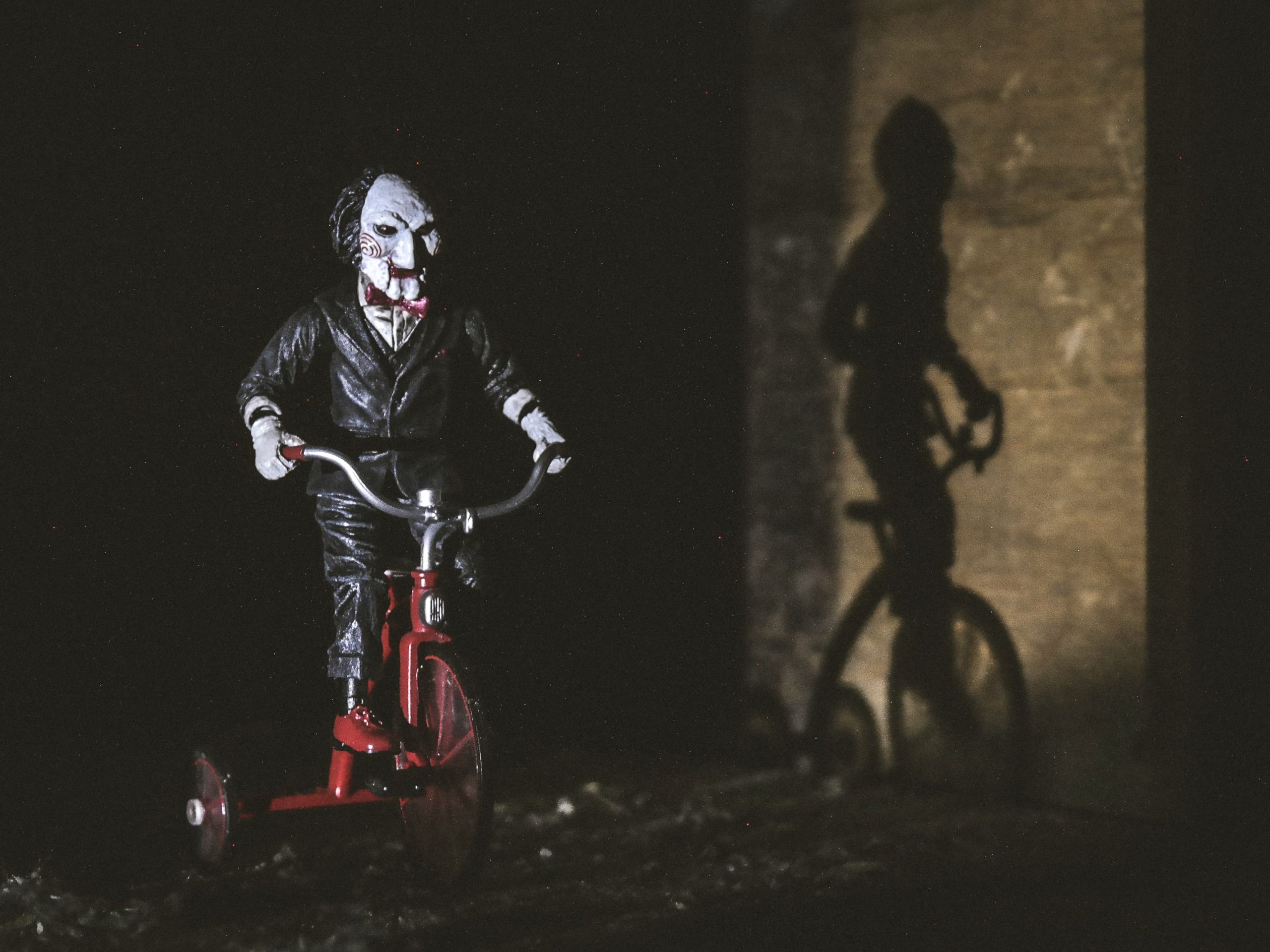The media glorifies calamity, violence, and devastation, but uplifting stories nearly never make the news. Your Everyday Heroes chooses to highlight inspiring people who have made it their life’s pursuit to make the world better by committing their efforts and energy to enriching the lives of others.
Season one of the Your Everyday Heroes docuseries introduces a diverse and historically marginalized group of individuals that have triumphed over the obstacles life has thrown at them to encourage, uplift and assist others.
Meet The Cast
The first season of the series features everyday heroes from all over the word, from celebrity chef trying to feed his local community and a volunteer youth boxing coach in Ecuador, to an immigrant teacher stranded in another country and a Chicago artist trying to find missing women.
Rodrigo Pacheco – Celebrity Chef
Celebrity chef Rodrigo Pacheco went from starring on Netflix cooking competition “The Final Table” to creating an edible forest on the barren coast of Puerto Cayo.
The Ecuadorian chef learned advanced cooking techniques when he left his home to study at Ipstitut Paul Bocuse, an exclusive culinary school in France. He went on to lend his talents to Michelin star restaurants Alain Chapel, La Palme d’Or, and Michel Bras.
Pacheco returned to Ecuador to open his own acclaimed restaurant at the Casa del Abelo Art Hotel and Restaurant, but went beyond crafting wildly creative dishes when he opened Bocavaldiva, a restaurant and sustainable tourist destination with his partner Dayra Reyes.
Through Bocavaldiva, Pacheco created an edible forest on once barren land, by planting indigenous species that he uses to supply his restaurant, feed surrounding local communities, and combat climate change.
“We need to see trees and plants as the highest technology,” he remarked. “They are working for us to create a better environment, a more rich environment… the more plants, the more climate-proof we are, the more resources we have, the more carbon we sequestrate, the more food we can get.”
Rajeev “Raj” Nirmalakhandan – Filmmaker
Filmmaker Rajeev “Raj” Nirmalakhandan left Sri Lanka in search of sanctuary after political tensions in his home country forced his family to flee.
When he was a teenager, Raj’s health began to deteriorate and he was diagnosed with Syringomyelia, a rare disorder that causes fluid-filled cysts to grow on the spine. The condition began to compress his spine and he suffered from chronic pain while losing sensation in his feet, which restricted his ability to operate a car.
Raj had multiple spinal surgeries as a teenager, but strived to become a filmmaker, and wrote his application to UCLA film school from his bed while recovering from surgery.
He was accepted to the prestigious program, and learned how to make movies while re-learning how to walk. Raj went on to direct his feature film debut “The Odd Way Home,” in 2013.
Raj became a film teacher at New Mexico State University, and uses his drive to overcome his personal struggles to inspire his students to rise above their own individual issues.
“I think that even the smallest positive impact that we can have on other people’s lives can make us heroes,” he said. “Because they may be very small for us, but that small thing could be huge for the person you do it for. It could be even just listening to someone. It could be a kind word or kind gesture that to that person can mean so much more.”
Daniel O’Rourke – Teacher
Daniel O’Rourke was four-years-old when his family was hit by a drunk driver. His father, a circuit court judge, was killed in the accident and his mother was left permanently disabled. Daniel and his six brothers and sisters descended into poverty.
“Many people would say I grew up in an unhappy home,” he said. “And it was unhappy in that I had to watch my mother suffer… We really didn’t have money. I didn’t realize how poor we were because I was just a kid.”
He escaped his family’s struggles by reading fantasies like J.R.R. Tolkien’s “The Hobbit,” which inspired him to go work hard in school, so he could make it to college.
“In high school, you get this grand sight of justice,” he remarked. “I wanted out of this whole miserable situation, where things were so unjust and unfair. I thought my ticket out was college. I did whatever I could to work towards that goal, which included postponing immediate gratification”
Daniel studied literature and English at Villanova College, then became a teacher. He teaches his students rhetoric, so they can properly argue and sway others to see their point.
“We need to understand argument as a way to learn. Many of us misunderstand argument as something that needs to be won. We don’t argue to win. We argue to learn. I don’t know everything, so I want to open up my knowledge with a proposition, and I want to rub it up against someone else’s proposition that they have learned through their experience,” he detailed.
Yecson Preciado – Youth Boxing Instructor
Yecson Preciado was physically abused by his father while he grew up in a poverty-stricken part of Ecuador. He chose to face life alone on the dangerous streets when he ran away at the young age of 10-years-old.
Yecson became a professional boxer as an adult and fought some of the country’s greatest fighters during his career. After retiring, he dedicated his life to teaching children the sport that changed his life.
After witnessing a mass-eviction of children and families from a makeshift neighborhood in Isla Trinitaria, he created Trinibox to provide kids facing homeless with the opportunity to learn a sport that could keep them off the streets and give them a better future.
Yecson teaches the children all day, for six days out of the week. At night he works 12-hour shifts as dock security guard to provide for his own children and fund the boxing gym. Many days he goes without eating so he can afford to keep his training free to the children’s families.
“I do this because my students become like my sons and daughters. I have a commitment to them,” Yecson detailed. “I don’t want to see any children go through what I lived.”
Damon Lamar Reed
Mural artist Damon Lamar Reed paints the cultural legacy of the local communities in his artwork. He has a collection of almost 100 public murals that span inner-city neighborhoods across Chicagoland.
“Good public art creates culture. It feeds the soul, it uplifts. Not everyone is going to a gallery, but if they walk by something I’ve created, it’ll have the same impact,” he said. “I like to say that I bring the gallery to the neighborhood, and I bring the neighborhood to the gallery.”
Reed’s work is about more than beautifying local communities, it has the ability to save lives. Through his “Still Searching” project, the artist paints the faces of missing women on the exteriors of buildings in the locations close to where they disappeared from. Their portraits include QR codes with information about their cases and contact information for the detectives charged with finding them.
“I feel like the art has moved to civic engagement,” he commented. “I’m painting women that are missing, but it’s about keeping safe the women that are here and aren’t missing. When the idea came to me, I thought it was a big project. Sometimes you can have a good idea, but then sometimes you can have a God idea.”
Umar Mughal
Umar Mughal was born with the rare genetic disorder Osteogenesis Imperfecta. His malformed bones broke repeatedly during his youth, and poor healthcare led to developing limb deformities and his small stature.
Umar’s body can’t support his slight weight, so he depends on other people to haul him around whenever he wants to leave his home. He used to be totally reliant on his family for transportation, but his world opened up when he got a coveted job at a local design firm.
“Everyone in that studio thought that I would not be able to work,” he said about his job. “But I showed them I can work hard, and within the three months of learning, I amazed everyone,” he explained.
Umar eventually became a graphic designer at the firm and finally managed to become independent of his family by using rideshare apps. He has become an instructor for graphic design students and does virtually everything by himself.
Vick Lee
Female filmmaker Vick Lee produces social justice-themed flicks that detail the Black experience in the United States. Her films focus on relationships, the exclusion of women from history, and the inherent police abuse that affects the Black community.
“Film is my form of activism,” Lee detailed. “Everything that I do is done in love and in Blackness… Blackness is a culture, a people, a resilience, a drive.”
She was diagnosed with stage 4 lung cancer, which has metastasized to the rest of her body in the Fall of 2020. In the face of the devastating diagnosis, Lee refused to give up her directing career, and came out with her fourth flick “Inbox Interviews” in 2021.
“I want people to be inspired to keep going,” she remarked. “You can get faced with some devastating, life-changing news, but you can push through it and still do what you want to do. You can still follow your passions.”
Svetlana Winward
Children’s teacher Svetlana Winward was raised in an impoverished home in her native Sverdlovsk Oblast, Russia, after her father abandoned her mother and siblings when she was a baby.
As a child she grew up hungry and malnourished, but Svetlana had aspirations to become an educator, and became a teacher for young children. She created a ground-breaking kindergarten program, and joined forces with educational organization Hands Across the Sea to transplant American teachers and their methods over to her institution.
Svetlana’s life took a tragic turn when she became ill while on a trip to the United States with her young son. She depleted all her available funds to pay hospital bills, then was stranded in the country when her husband abandoned her and the Russian mafia took control of her school.
Svetlana turned to a pen pal living in Salt Lake City, Utah when her visa was set to expire. He proposed a marriage so she would be allowed to remain in the United States. Svetlana rapidly figured out that the man misrepresented himself, when he confiscated her passport, physically abused her, and made her his personal slave for years.
“One day I saw in the mailbox a part of a letter with an address from immigration services, and I knew it was my green card,” she detailed about her attempt to get away. “I knew that if my ex-husband saw this letter, he would take it from me, and I would end up without documents… I hid it in my clothes and brought the rest of the mail to my ex-husband.”
Svetlana escaped from her husband’s home without alerting his suspicion, and managed to get away with her son. They were homeless and nearly freezing to death until she was taken in by a local church. With their help, she landed a job at a private school, where she now teaches immigrant children.
Watch Your Everyday Heroes Season One
Find a refuge from the tedious blandness of negative reporting by finding out about the everyday heroes from across the globe, who positively influence their local communities by performing amazing acts and remarkable contributions to the causes that they hold dear.






